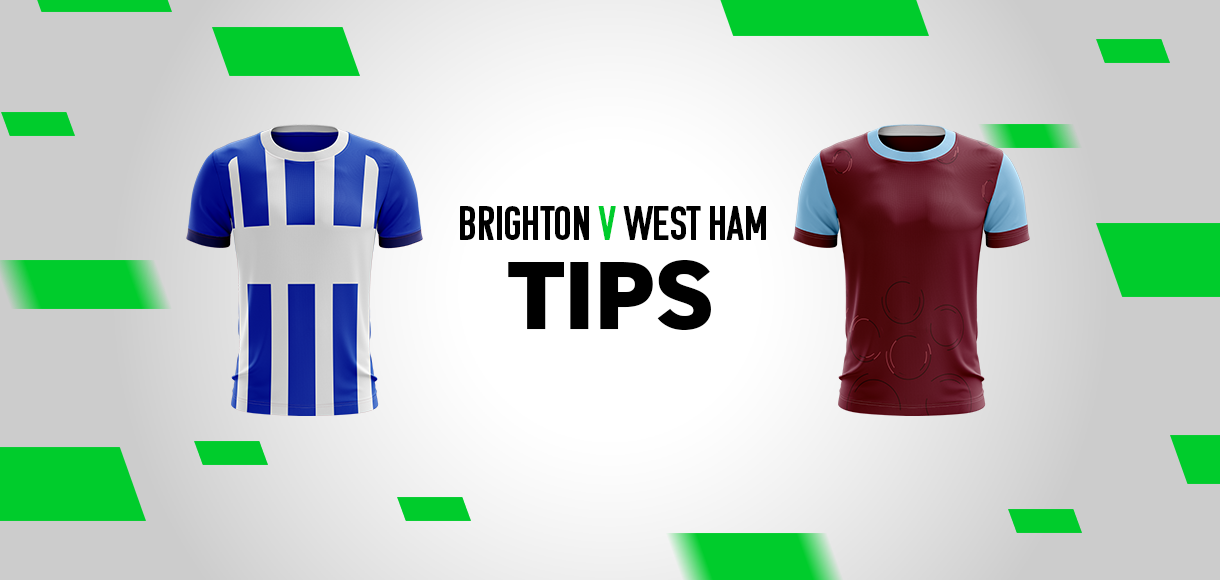5 quotes that define Sir Alex Ferguson's Man Utd career

These quotes sum up Ferguson's impact on English football - through rivalries, personal grudges and his love of the game.
1997: “He has no experience of English football. He’s come from Japan.”
In 1997, having won four of the first five Premier League titles, English football was Ferguson’s domain.
Kenny Dalglish and Kevin Keegan had briefly challenged – Dalglish successfully in the 1994/95 season – but neither challenged the fundamentals of the way that the game was played, they just out-Ferguson-ed Ferguson for a short period.
So when Arsene Wenger arrived at Arsenal – Le Professeur, with an economics degree and grand ideas about nutrition and player development – Ferguson immediately became defensive.
And after Wenger begun to receive acclaim for his musings about the wider issues concerning the English game, the Scot could no longer bite his lip.
“He has no experience of English football – he’s come from Japan,” he said. The lines were delivered the lines with ladles of contempt, but betrayed the fact that Wenger was his first, and greatest, threat.
1999: “Football, bloody hell.”
Ferguson submerged himself into mind games and controversies so often that it is easy to forget his infectious love of the game.
That was no more evident than after that 1999 Champions league final, when he was free of all cynicism and purely on a high after an amazing football match.
Just moments after Ole Gunnar Solskjaer’s winner had delivered English football’s greatest ever treble, Ferguson arrived for a TV interview with his hands on his head, drenched in sweat and wearing a beaming smile.
This was a man who, it seemed, had completed life.
“I can’t believe it – football, bloody hell,” he said, a line that will never not be quotable.
2002: “My greatest challenge was knocking Liverpool right off their f*cking perch.”
As Ferguson’s career went on, his enmity slowly transferred from Liverpool to Manchester City.
In his earlier years, though, a victory at Anfield meant more than anywhere else.
This was undoubtedly further fuelled by a significant Liverpool presence in TV and the media, particularly on Match of the Day, whose resident pundits were Alan Hansen and Mark Lawrenson.
Hansen had already irritated Ferguson several years earlier with his “you can’t win anything with kids” jibe, so declaring in his newspaper column that United’s poor form in September 2002 was the ‘”greatest challenge of Ferguson’s career” was always going to elicit a strong response.
Ferguson’s retort – “My greatest challenge was knocking Liverpool right off their fucking perch” – was not relevant to United’s struggles at that time, but did a good job of reminding his Merseyside rivals that United had won seven league titles since they had last won one.
2009: “Sometimes you have a noisy neighbour. You just have to get on with your life, put your television on and turn it up a bit louder.”
Manchester City must have taken Ferguson’s increased interest in them as a compliment towards the end of the noughties.
For all that the Scot publicly dismissed them as “noisy neighbours”, his reaction to their signing of Carlos Tevez – announced with their famous ‘Welcome to Manchester’ poster – and desire to compete for the Premier League title was perhaps a sign that he knew what was coming.
Regardless, Ferguson made it his mission to prevent any sort of power shift in Manchester.
He looked sick after City won the 2012 title on goal difference – “That won’t happen again, trust me on that” – but used the experience as motivation to deliver one more emphatic title to Old Trafford the following season.
For all that he may have hated the idea of City as a threat, Ferguson can reflect on the fact that United undoubtedly remained top dogs under his watch.
2010: “Sometimes you look in a field and you see a cow and you think it’s a better cow than the one you’ve got in the field.”
One reason why Ferguson might have been particularly tense about the Manchester City situation was that he knew they were in the ear of Wayne Rooney.
Word is that Rooney had all but agreed to switch sides of Manchester in the autumn of 2010 – which would have been a monumental statement and would have left United in the lurch, given that Cristiano Ronaldo and Carlos Tevez had also left a year earlier.
Ferguson must have been infuriated by Rooney’s public statement – which said that United could no longer meet his ambitions and intimated that his manager was a fading force – but he managed to keep his cool.
Persuading Rooney to sign a new deal and explaining the situation with jovial analogies like this one was a clear sign that his man-management skills were still in good nick, and goes some way to answering the question of how he would have coped as players and agents became increasingly vocal in the 2010s.
Visit Betway's football betting page.




































